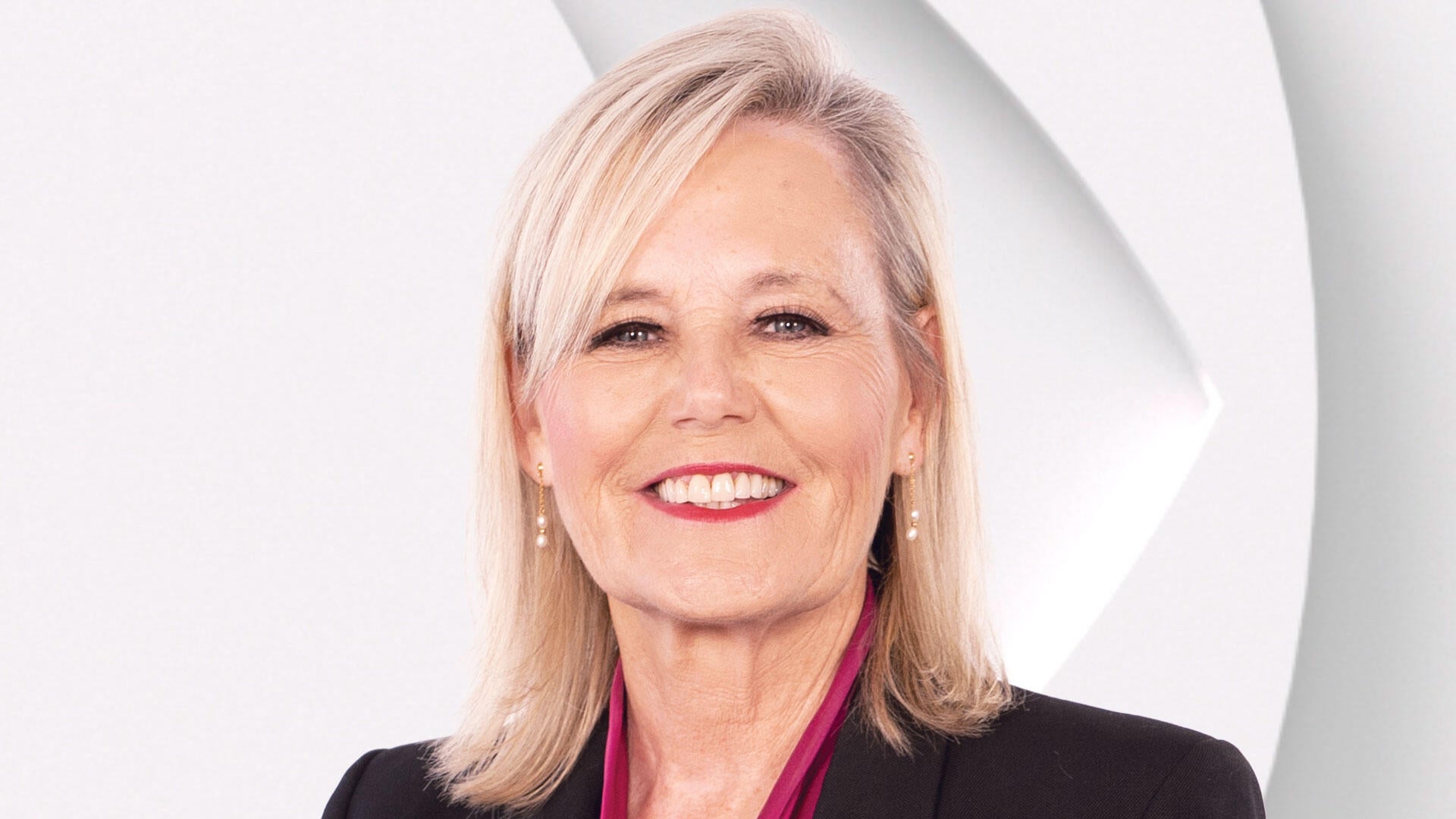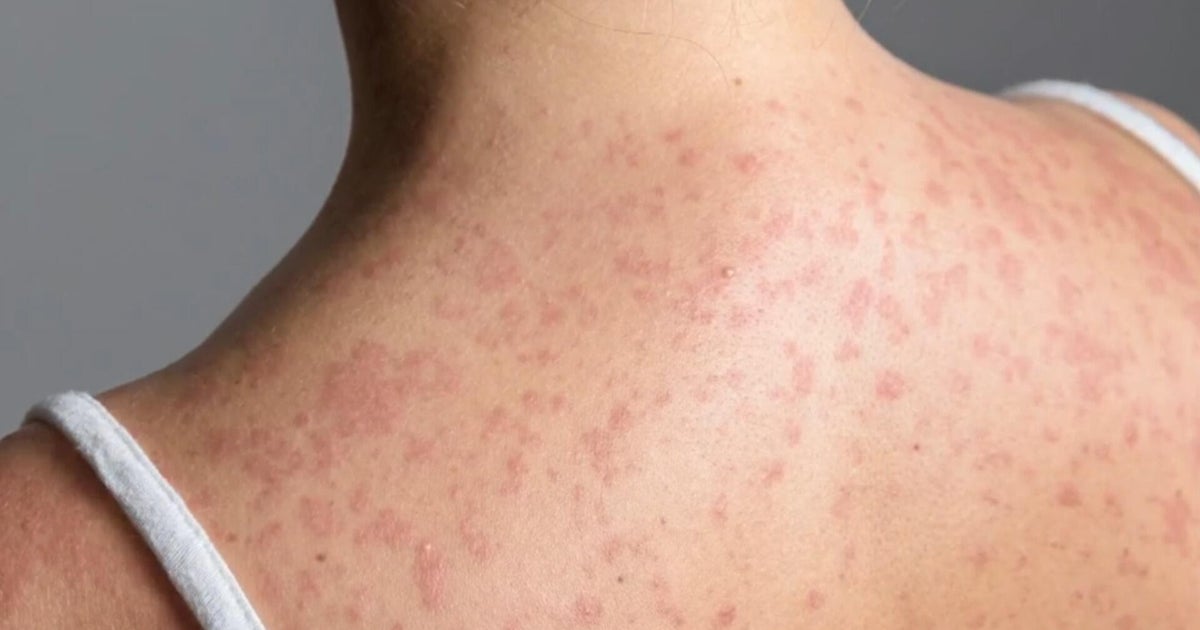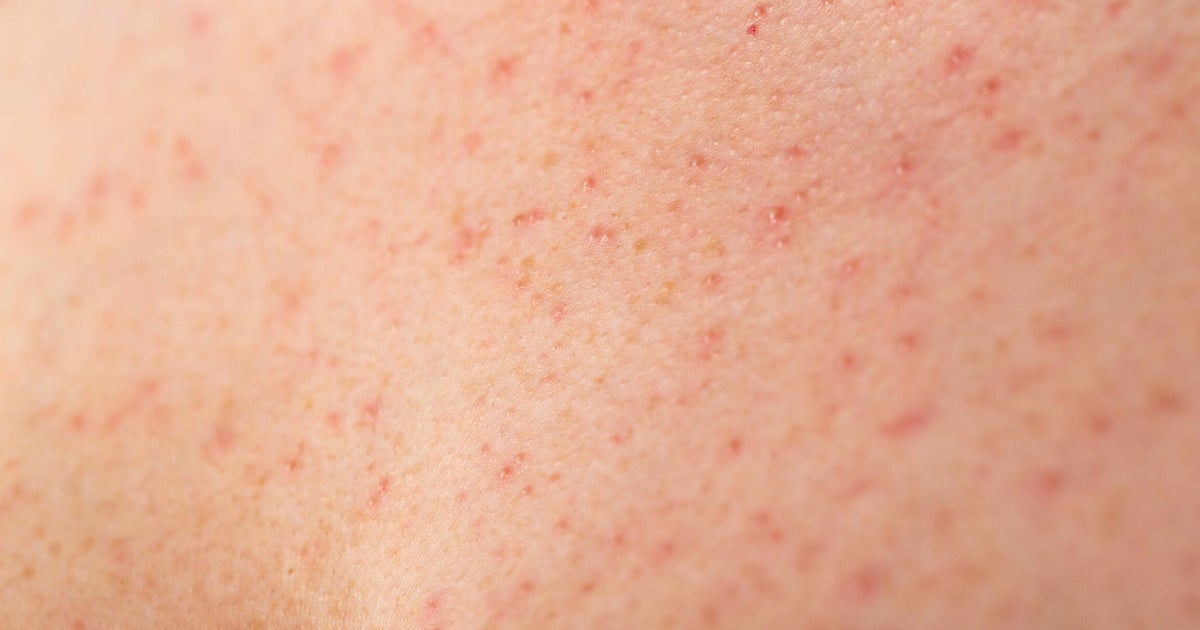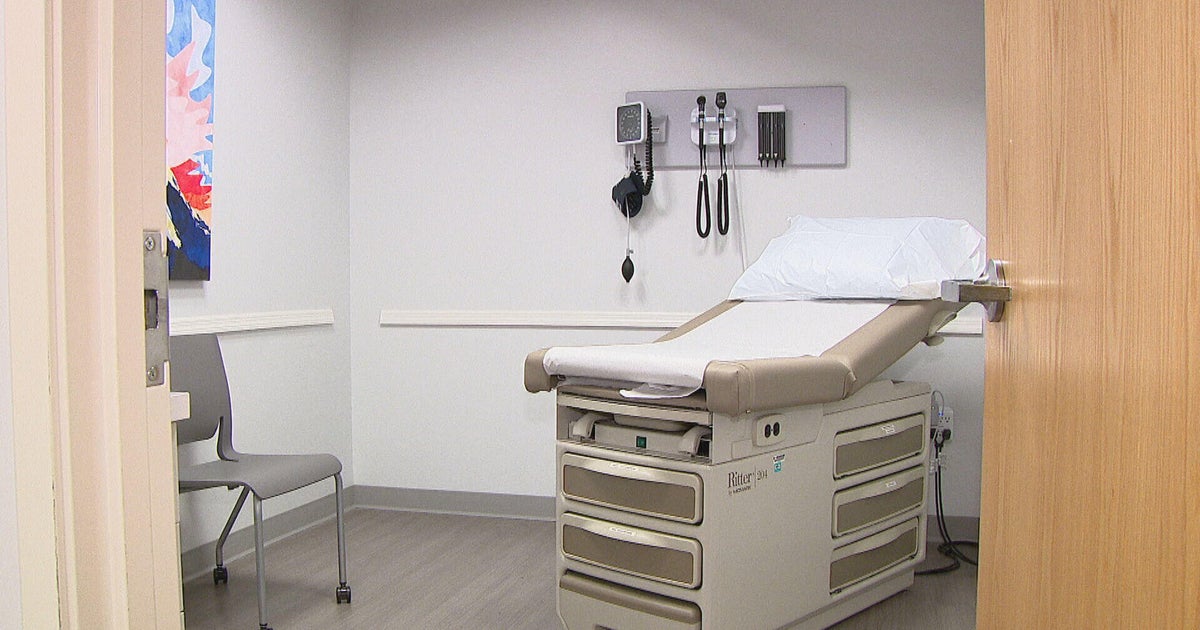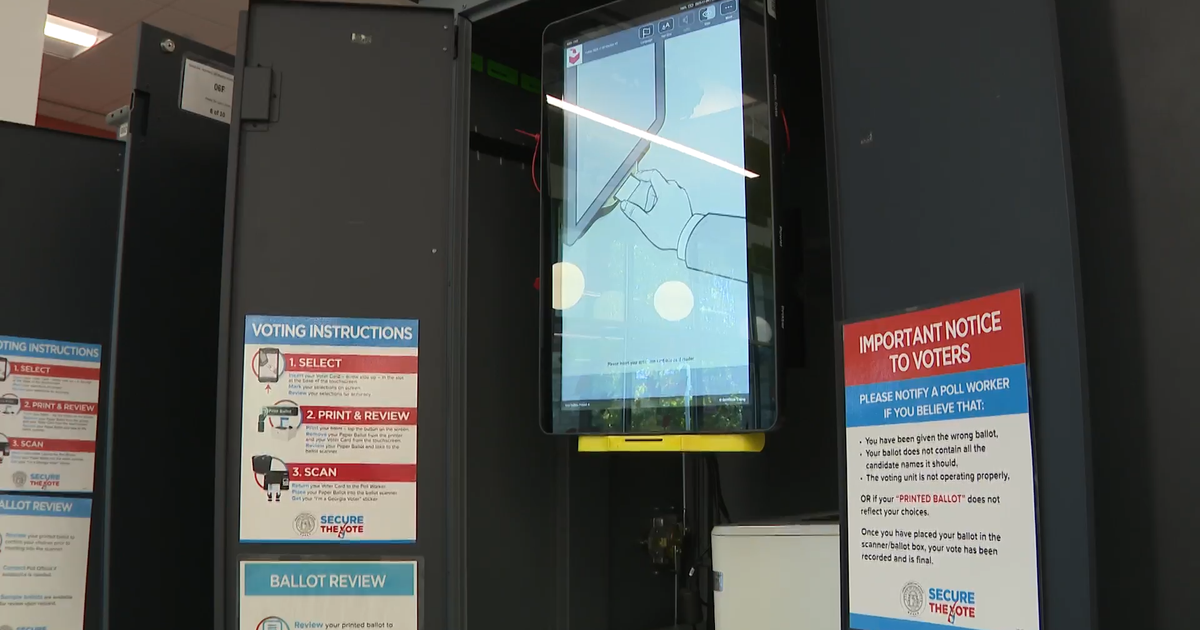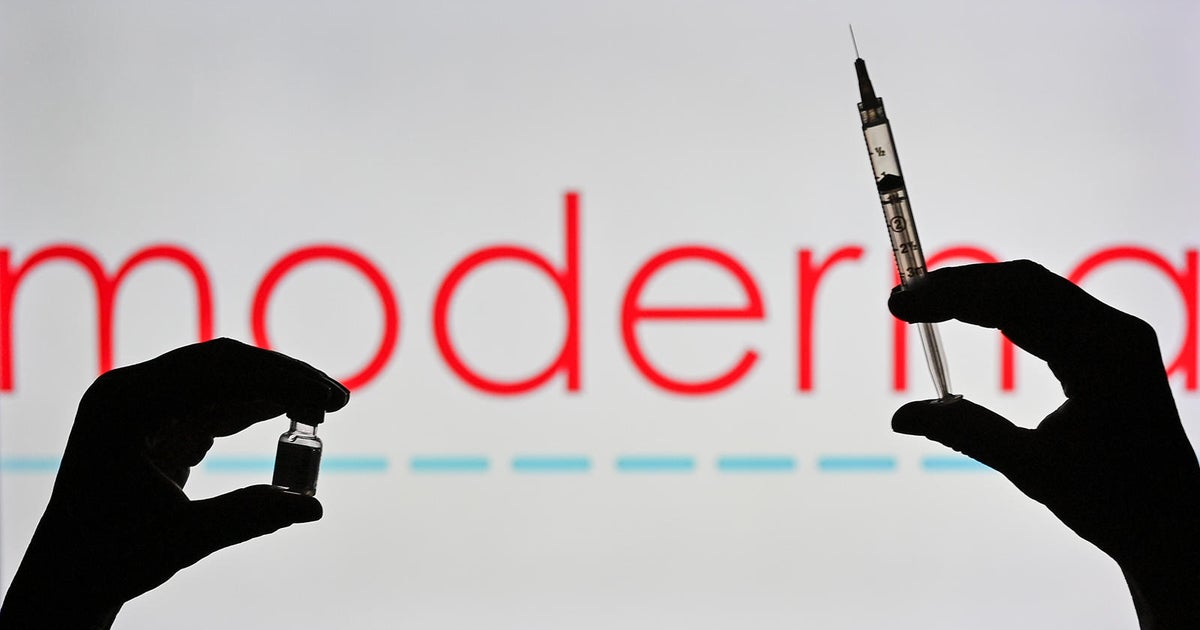US now has more monkeypox cases than any other country in the world
WILTON MANORS – The United States now has more monkeypox cases than any other country in the world, and the CDC expects cases to continue to climb.
As cases rise, the World Health Organization has given monkeypox a global health emergency status.
The Biden administration has not yet made that call but did discuss vaccinations for the virus.
The CDC says there are now more than 4,600 confirmed cases in the United States.
"Bottom line is, we need to stay ahead of this and be able to end this outbreak," said Health and Human Services Secretary Xavier Becerra.
Becerra announced Thursday the department will distribute 786,000 newly available doses of the vaccine.
Those vaccine doses are headed first to the hardest hit areas, and we know cases here in South Florida are on the rise.
There are currently 283 monkeypox cases in South Florida. Broward has the most in the area and the state with 166. Miami-Dade follows with 92 cases.
The Department of Health and Human Service will consider two key factors when determining how much additional vaccine it gives to each area.
Those stipulations include the total population of at-risk people and the number of new cases in each jurisdiction.
It released a statement, saying, in part:
This is the "latest step to support public health officials from states and jurisdictions in responding to the monkeypox outbreak. These experts understand their communities and are helping to ensure equitable distribution."
Broward Health's chief medical officer told CBS4 the signs are very recognizable.
"Symptoms are rash, fever, muscle aches, tiredness, swollen lymph nodes are precursors you may be infected," said DR. Joshua Lenchus.
Monkeypox spreads through skin-on-skin and other close contact. Anyone can get it, but so far this outbreak is primarily impacting men who have sex with men.
"This is very triggering for our community. We are a community that was ravaged in the early 80s by the AIDS epidemic," said GLAAD CEO Sarah Kate Ellis.
The CDC says in 99% of cases, the patient reported a rash. The other three most common symptoms were tiredness, fever and swollen lymph nodes.

